Mathematical training toys
Approx $36.56 USD
Introduction to Mathematical Training Toys
Mathematical training toys are specially designed to help children develop essential math skills while having fun. These educational toys engage young minds in learning fundamental concepts such as counting, number recognition, addition, subtraction, multiplication, and even basic geometry. Ideal for children of all ages, mathematical training toys offer a hands-on approach to learning that enhances both cognitive development and problem-solving abilities.
In this guide, we’ll explore the various types of mathematical training toys available, how they benefit children's learning, and why they are a must-have for parents, teachers, and educational institutions.
Types of Mathematical Training Toys
1. Counting and Number Recognition Toys
Counting toys help children understand the concept of numbers and develop number recognition. These toys range from simple wooden blocks with numbers to interactive electronic devices that audibly announce numbers and counting patterns.
- Examples: Number blocks, abacuses, number puzzles, counting flashcards
- Benefits: Enhances early number recognition, counting skills, and one-to-one correspondence, which are foundational for more advanced math concepts.
2. Shape and Geometry Toys
Shape-based toys teach children about basic geometric shapes such as squares, triangles, circles, and rectangles. Many of these toys involve matching shapes, building patterns, or assembling structures, providing a fun way to learn about geometry.
- Examples: Shape sorter toys, geometric shape puzzles, pattern blocks, magnetic building sets
- Benefits: Develops spatial awareness, shape recognition, and the ability to understand basic geometry concepts.
3. Addition and Subtraction Toys
Addition and subtraction toys are ideal for children who are ready to move beyond basic counting. These toys help children practice basic math operations in an interactive and enjoyable way.
- Examples: Math board games, educational calculators, interactive math toys with buttons for adding and subtracting
- Benefits: Improves early arithmetic skills, teaches number operations, and provides hands-on practice with addition and subtraction.
4. Multiplication and Division Toys
For older children who are ready to explore multiplication and division, these toys provide an interactive way to practice times tables and learn division concepts. They make learning these operations enjoyable and less intimidating.
- Examples: Multiplication charts, division puzzles, number rings, times tables flashcards
- Benefits: Strengthens memory of multiplication facts, enhances problem-solving skills, and promotes mathematical fluency.
5. Math Board Games
Math board games combine learning with fun, allowing children to practice math while playing with friends or family. These games often involve a variety of math concepts, from basic arithmetic to more advanced problem-solving scenarios.
- Examples: Math-themed board games, card games like “Uno Math” or “Math Bingo”
- Benefits: Encourages cooperative learning, improves math skills in a social setting, and enhances critical thinking.
6. Interactive Math Tablets and Apps
For tech-savvy learners, interactive math tablets and apps combine traditional math exercises with digital play. These devices often include games, quizzes, and interactive lessons that make learning math an engaging and dynamic experience.
- Examples: Educational tablets with math apps, interactive smart toys, learning robots that teach math
- Benefits: Provides personalized learning experiences, improves digital literacy, and promotes independent learning.
Benefits of Mathematical Training Toys
1. Strengthens Math Skills
Mathematical training toys provide children with the opportunity to practice basic math skills such as counting, addition, subtraction, multiplication, and division in a hands-on, engaging way. Regular practice helps solidify these foundational skills, which are crucial for future learning.
- Improved Fluency: Children become more fluent in math operations as they work with these toys, building a strong foundation for more complex math concepts.
2. Develops Problem-Solving Abilities
Many math toys require children to think critically and solve problems in order to achieve a goal or complete a task. This helps to develop problem-solving abilities that can be transferred to various real-life situations.
- Enhanced Cognitive Skills: Children learn how to approach problems from different angles, improving their analytical thinking and creativity.
3. Encourages Focus and Concentration
Solving math problems and puzzles requires attention and focus. By playing with mathematical toys, children learn to concentrate for longer periods, which is beneficial for both academic performance and everyday tasks.
- Improved Attention Span: Working through problems step-by-step helps children build concentration and patience, which enhances their ability to focus in other areas of life.
4. Makes Learning Fun and Engaging
Mathematical training toys are designed to make learning fun and enjoyable. By incorporating play into the learning process, children are more likely to develop a positive attitude toward math and remain engaged in their education.
- Playful Learning: Toys like board games and interactive apps help children associate math with fun, reducing math anxiety and increasing their enthusiasm for learning.
5. Boosts Confidence
As children successfully complete math-related tasks and challenges, their confidence in their abilities grows. This positive reinforcement encourages them to take on more difficult challenges and fosters a love for learning.
- Sense of Accomplishment: Successfully solving math problems gives children a sense of achievement, building their self-esteem and motivating them to continue learning.
6. Supports Early Math Education
The earlier children are introduced to math concepts, the more likely they are to succeed academically. Mathematical training toys are an excellent way to introduce math at an early age, setting the stage for success in school and beyond.
- Early Learning: These toys help children develop a strong math foundation that will support their academic growth as they progress through school.
Why Choose Mathematical Training Toys?
Mathematical training toys are an essential part of any child’s educational journey. They provide a fun, interactive way for children to learn key math concepts that are necessary for future academic success. Whether you're a parent looking to enhance your child's math skills or a teacher in need of classroom resources, mathematical training toys are a fantastic investment.
- Educational Value: These toys are designed to develop important cognitive skills, including problem-solving, logical reasoning, and critical thinking.
- Interactive Learning: Mathematical toys engage children actively, making them ideal for hands-on learning environments.
- Wide Range of Options: There’s a toy for every age group and math level, from simple counting toys for toddlers to advanced problem-solving tools for older children.
Conclusion
Mathematical training toys offer a fun and effective way to help children master essential math skills. From counting and number recognition to advanced multiplication and division, these toys provide hands-on learning experiences that develop problem-solving abilities, boost concentration, and improve mathematical fluency. Whether at home, in the classroom, or on the go, mathematical training toys are an essential resource for parents and educators alike.
Material: Wooden
Language toys English capital letters and 0-9 number board cognitive writing exercises homework preschool toys





The product may be provided by a different brand of comparable quality.
The actual product may vary slightly from the image shown.

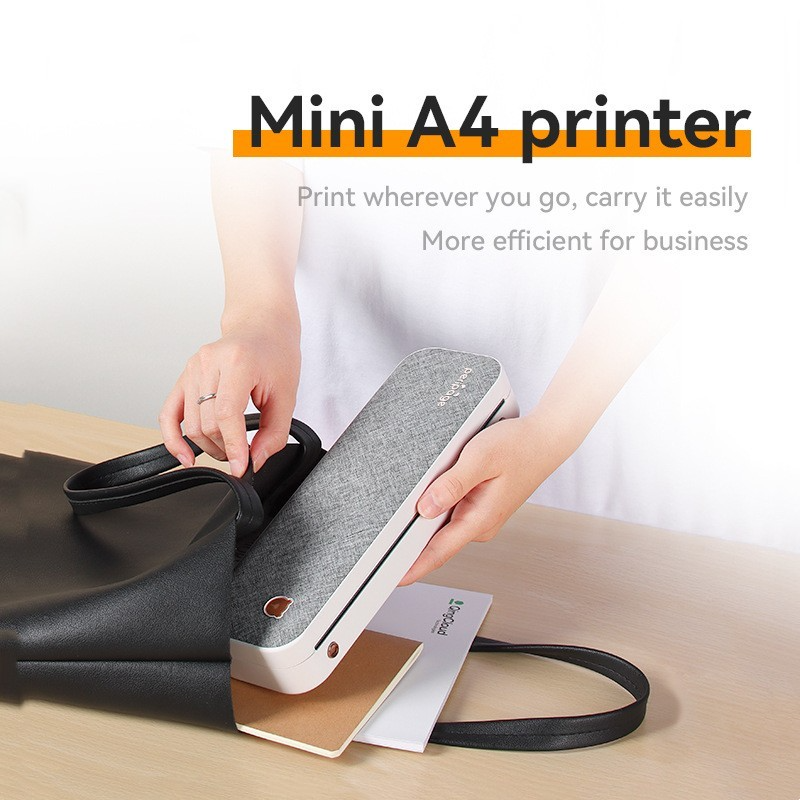
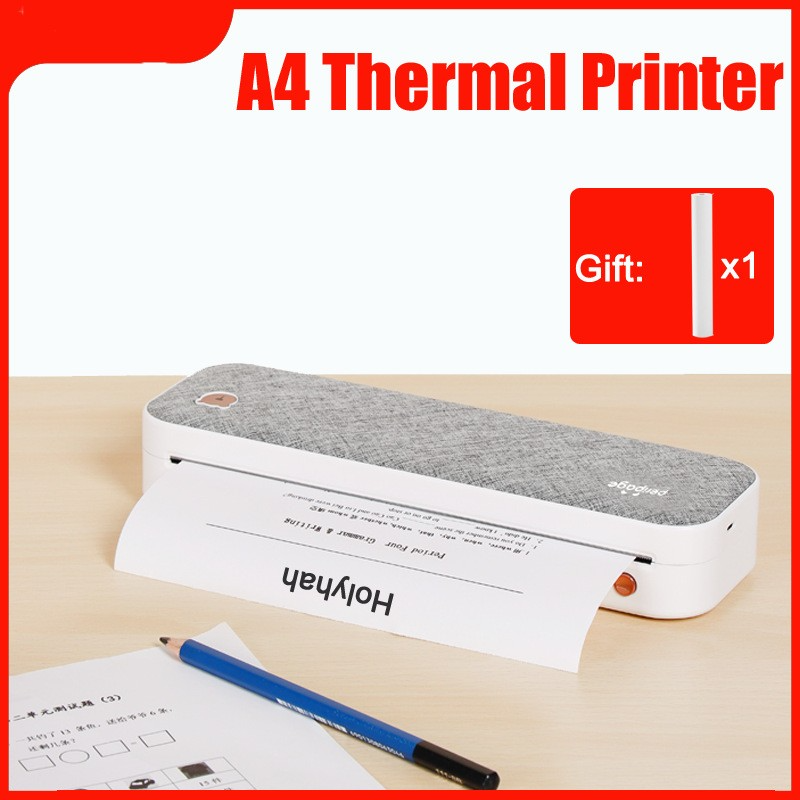
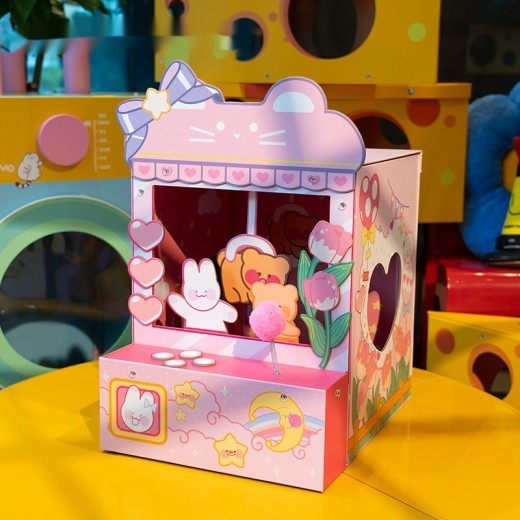
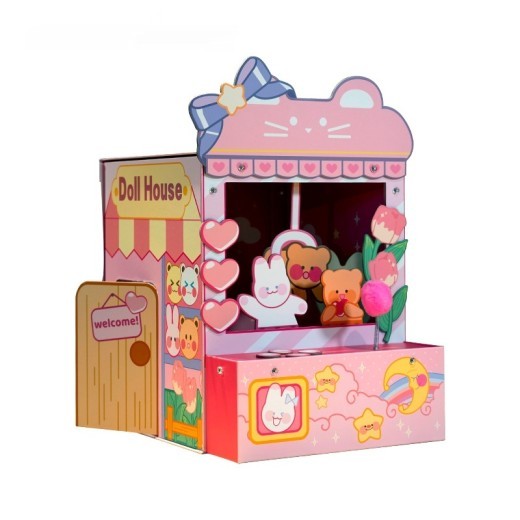
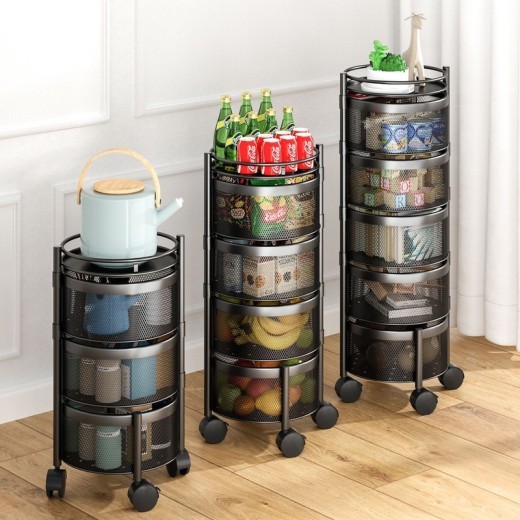
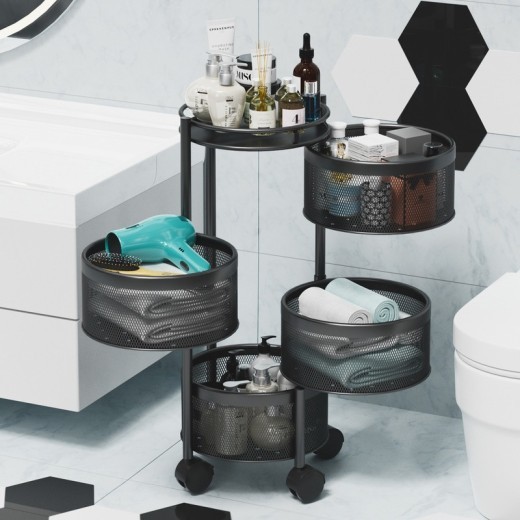
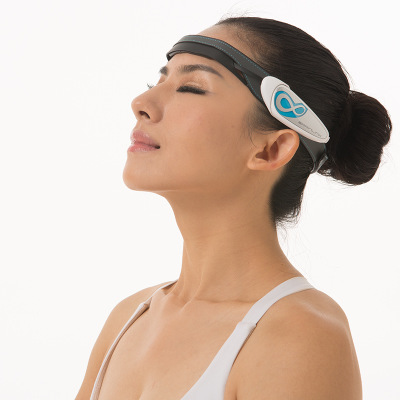
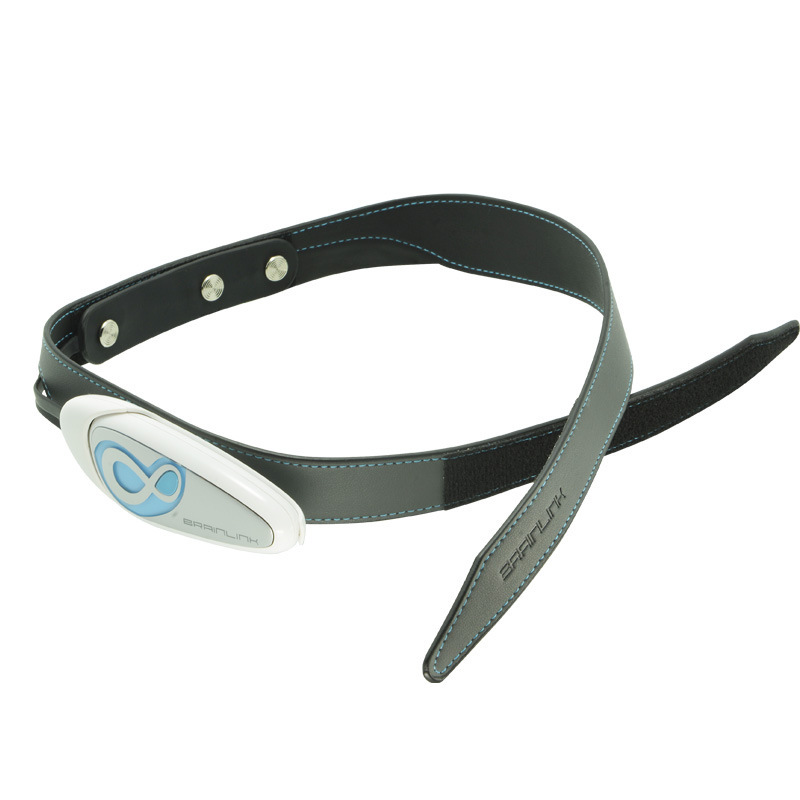

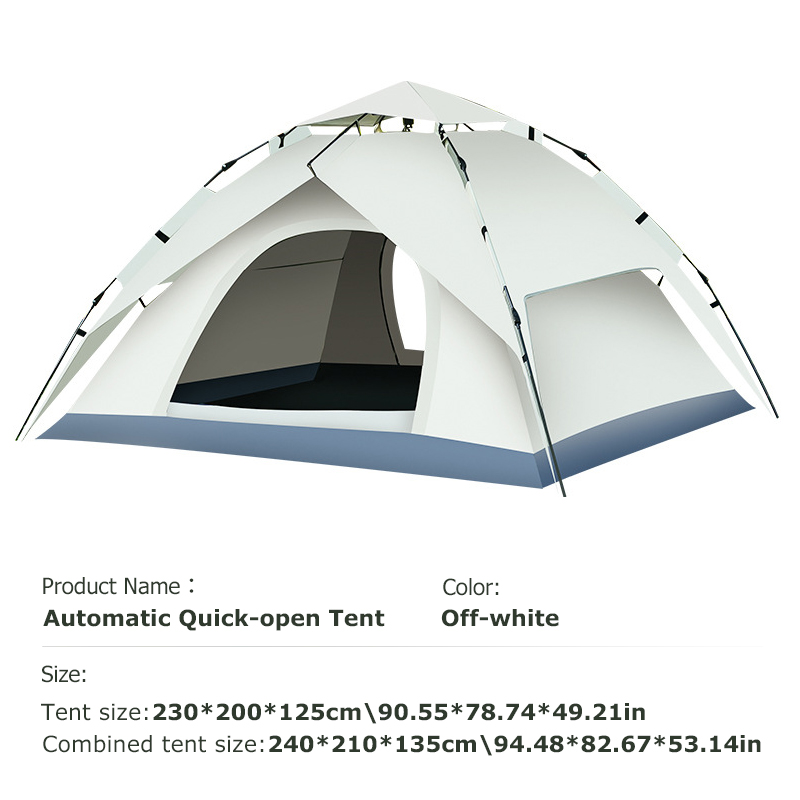
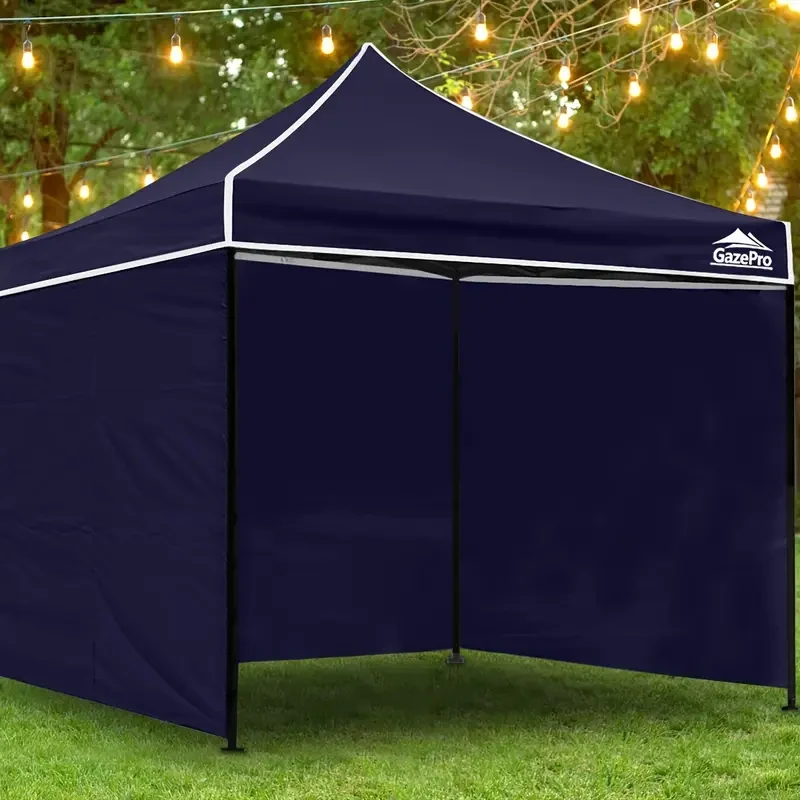
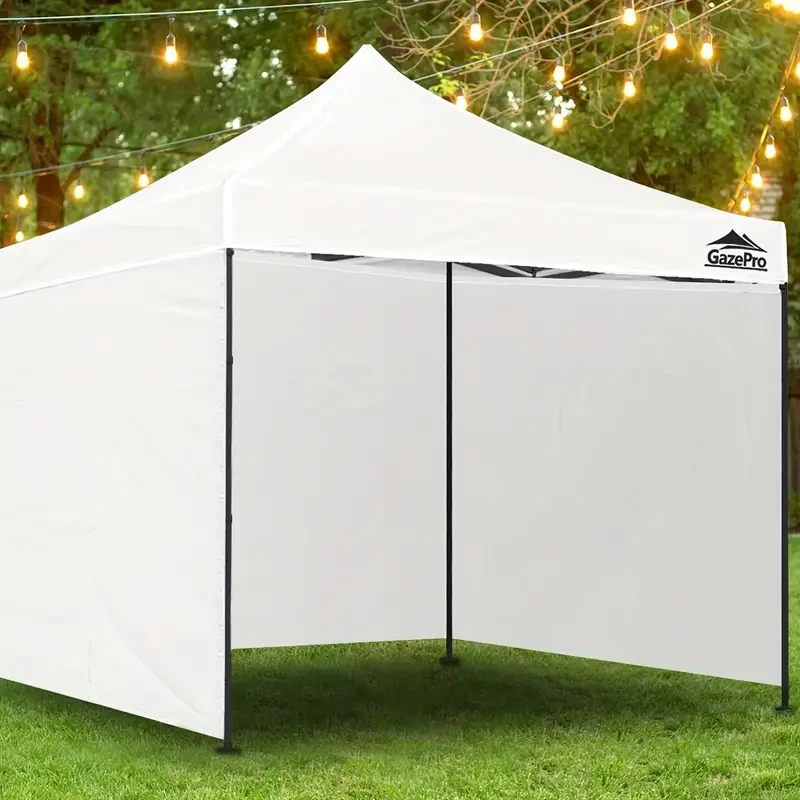
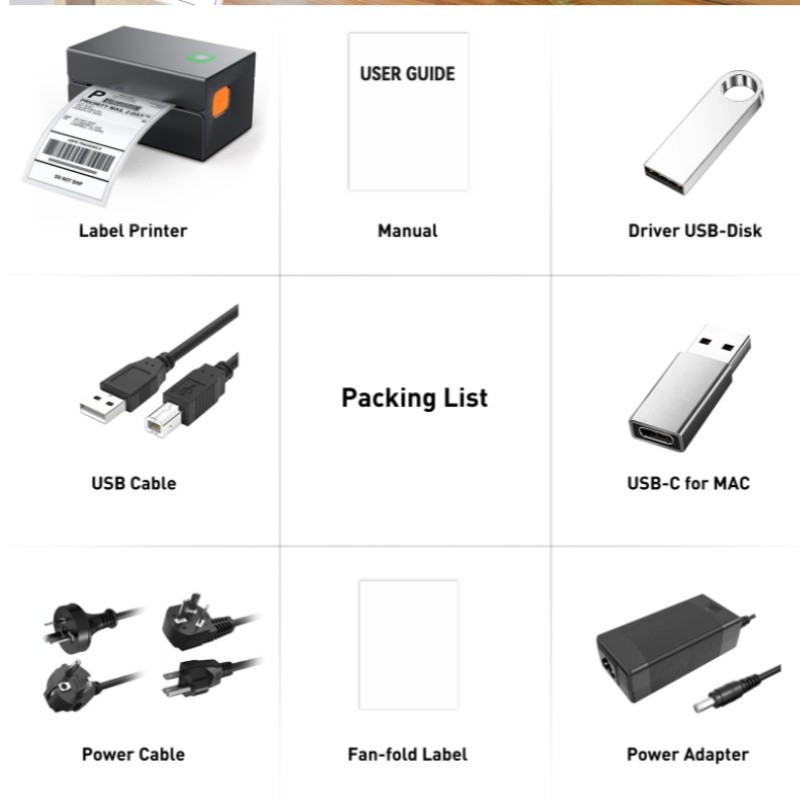
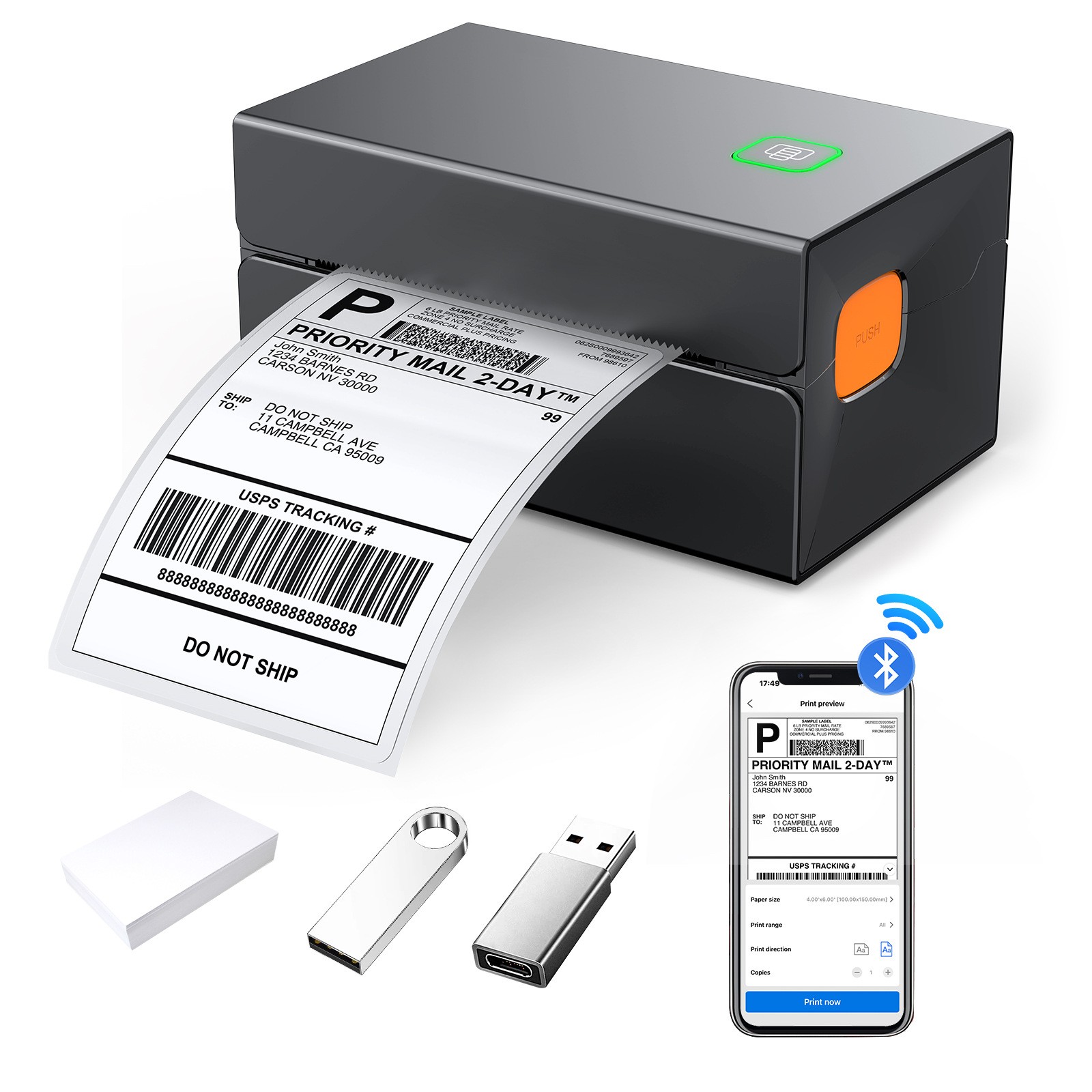
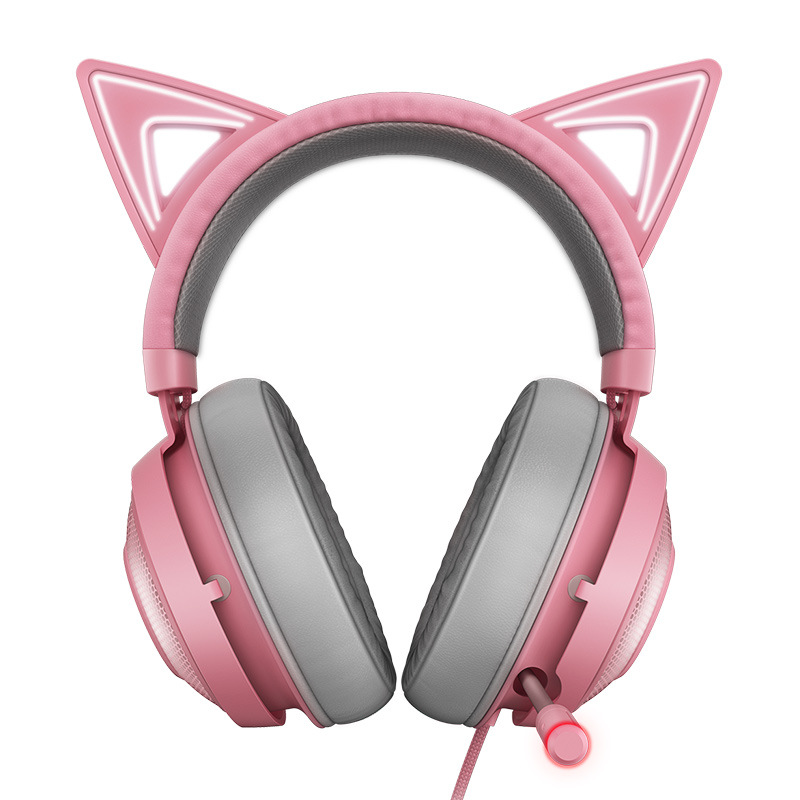



.jpg)









.jpg)





.jpeg)





.jpeg)



.jpeg)








.jpeg)



.jpeg)

.jpeg)

.jpeg)

.jpeg)




.jpeg)
.jpg)

.jpeg)






.jpeg)
.jpeg)




.jpeg)





.jpeg)


.jpeg)

.jpeg)

.jpeg)

.jpeg)







.jpeg)
.jpeg)
.jpeg)





.jpeg)



.jpeg)






.jpg)
.jpeg)









.jpg)


ulva-Logo.jpg)




.jpeg)



.png)















.png)























